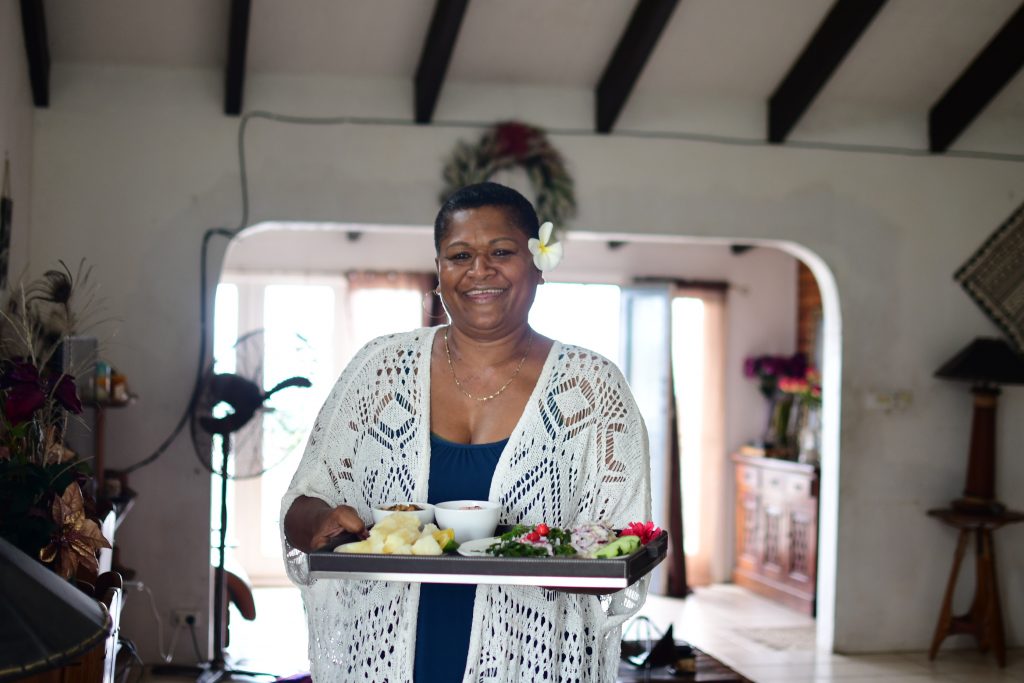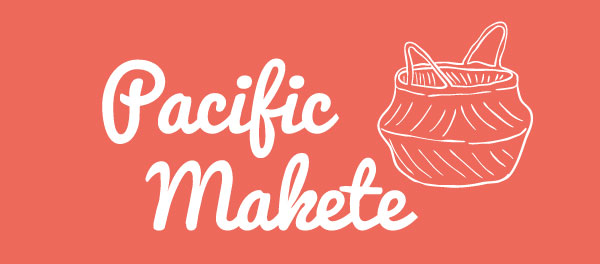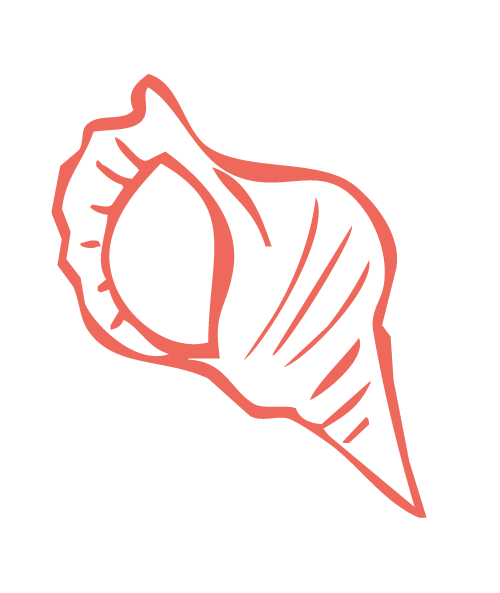The Pacific’s pandemic entrepreneurism

Pacific communities have been adaptable and innovative in response to the COVID-19 pandemic, but with some support they could do even more, Regina Scheyvens and Apisalome Movono write.
The COVID-19 pandemic has hit the economies of tourism-reliant Pacific Island states hard. But the pandemic has also helped to create – or bring to the fore – a new group of Pacific entrepreneurs.
There is a great opportunity for governments and other development partners in the region to act in support of these entrepreneurs. Specifically, they could capitalise on the energy and ideas that people cultivated as a means of survival during the pandemic and help them turn these into longer-term business initiatives. Such a move would not only help these businesses, but could strengthen local economic resilience in the face of future shocks.
For too long, Pacific peoples have erroneously been labelled as ‘poor at business’ and not inclined to be entrepreneurial. In Fiji this sentiment is evident in the saying “na bisinisi itaukei e duri ga me davo”, or “indigenous businesses are set-up only to fail.” This view ignores historical factors that have contributed to low levels of local ownership in the region, such as the legacies of colonial policies.
The emergence of micro-enterprises during the pandemic also flies in the face of this theory. In the wake of a once-in-a-century pandemic, and usually with limited government support, Pacific innovation, entrepreneurialism and business nous have been clearly on show. Moreover, much of this enterprise has been built upon a foundation of customary systems and cultural connections.
Our research over the past two years has identified a number of strategies that have helped people living in tourism-dependent communities across Fiji, Samoa, Vanuatu and Cook Islands to survive without their regular sources of income.
In all of these countries, people started growing and harvesting more food from their customary resources – the land and sea. This move away from imported foods and toward traditional sources of nutrition has supported healthier diets, increased physical exercise, and reduced household expenditure.
Some also turned this into an income earning opportunity. Such was the case with a Cook Islands man who had formerly been an airport shuttle driver – he converted his front yard into a commercial watermelon patch. As a result of similar initiatives, Fiji has more than doubled its agricultural exports compared to pre-pandemic levels due to surplus production over the last two years.
Moreover, a lack of ready cash meant that families budgeted more carefully and often returned to traditional systems of bartering goods and services, using social media to facilitate this practice. A typical example of this might see one person trade second hand clothes or tools for garden produce, while another exchanges hairdressing services for maths tutoring for their children.
Ultimately, this entrepreneurialism has allowed many communities to adapt to the lack of tourism-related income during the pandemic. Rather than wallowing in their misfortune, people of all ages took hold of the opportunity to start micro-enterprises. These were often linked to the skills they had developed in the tourism and hospitality sector, such as event staging, catering, and floral arrangements for weddings and birthdays. Others sold plants or cooked foods at roadside stalls.
A number of individuals and groups turned to social media to facilitate their small businesses or to provide a forum for communal fundraising efforts. One example came in the form of virtual concerts that raised thousands of dollars from the diaspora for affected communities.
Another saw former hotel chefs using Facebook as a platform to sell ‘love parcels’ of foods which could be purchased by family members out of town or overseas for their loved ones in Fiji. Special events like Mother’s Day resulted in thousands of dollars in orders.
Looking forward, there are a number of things that governments, donors and other development actors could do to support these initiatives. For a start, they could capitalise on the progress made by providing support for pandemic micro-businesses, especially those that are likely to be viable into the future. A business mentoring scheme attuned to Pacific peoples and their cultural needs could be very helpful, along with access to credit.
They could also support training initiatives for transferable skills such as business administration, information technology, financial management, and social media marketing. Such skills could provide a means of resilience for employees of hotels and resorts who might need to shift careers in future.
The only certainty at present is that Pacific peoples will face future shocks – whether cyclones, political strife, economic crises or pandemics – which challenge major industries like tourism. Yet the pandemic has shown the strength and adaptability of Pacific communities. Now it is up to local governments and development partners to work together to find creative ways of supporting this entrepreneurial spirit.
This article first appeared on the Policy Forum blog.

